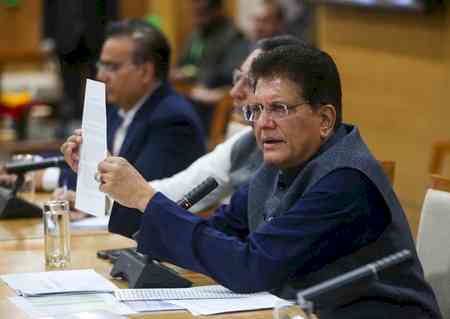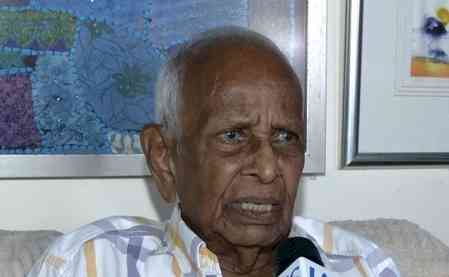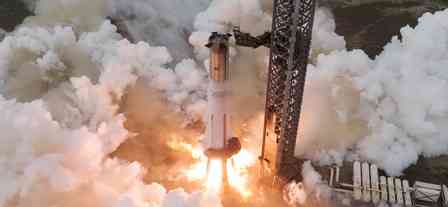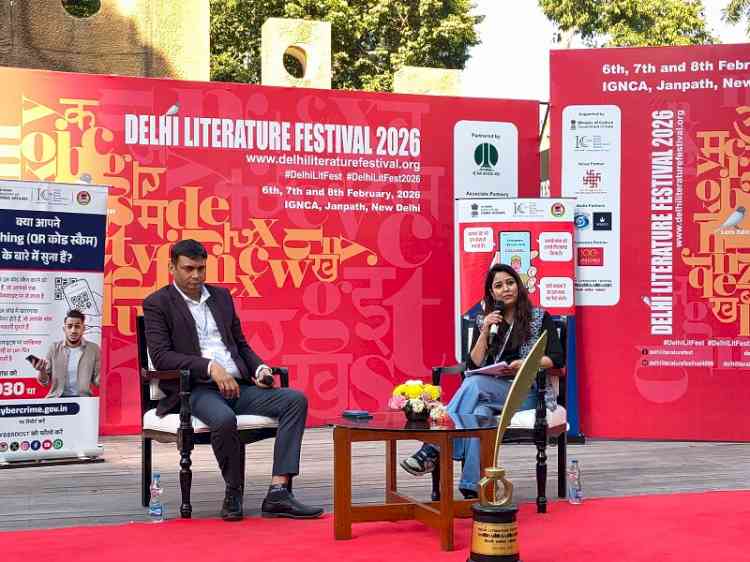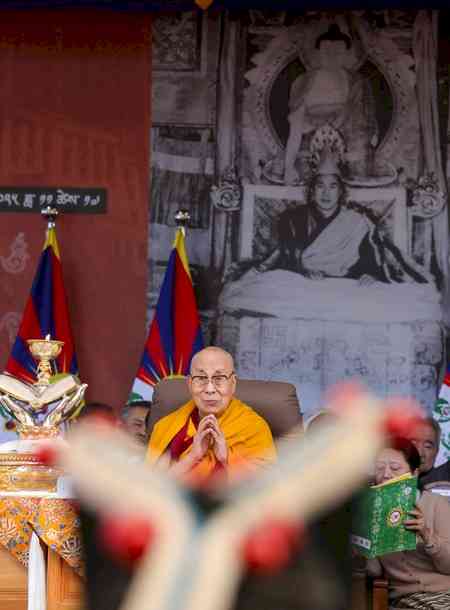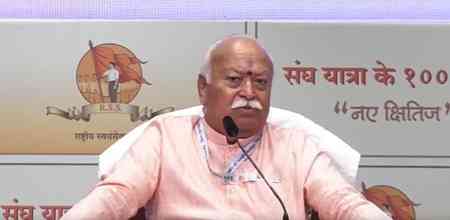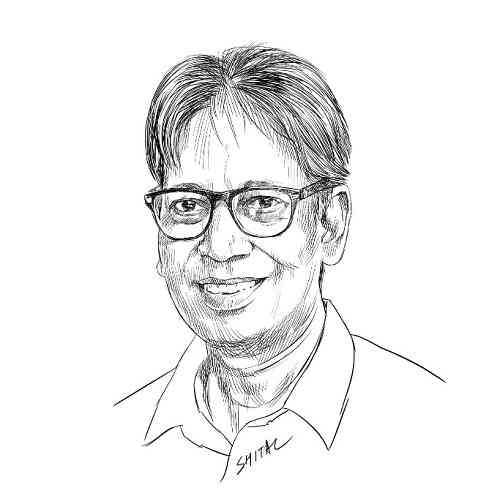Every Life Counts: PHDCCI Safety Summit Urges a Culture of Care and Preparedness
At the Safety and Fire Summit 2025, organized by the PHD Chamber of Commerce and Industry (PHDCCI), leaders from across government, defence, and industry came together with one heartfelt message: safety is not about rules on paper, it is about protecting lives, families, and futures.
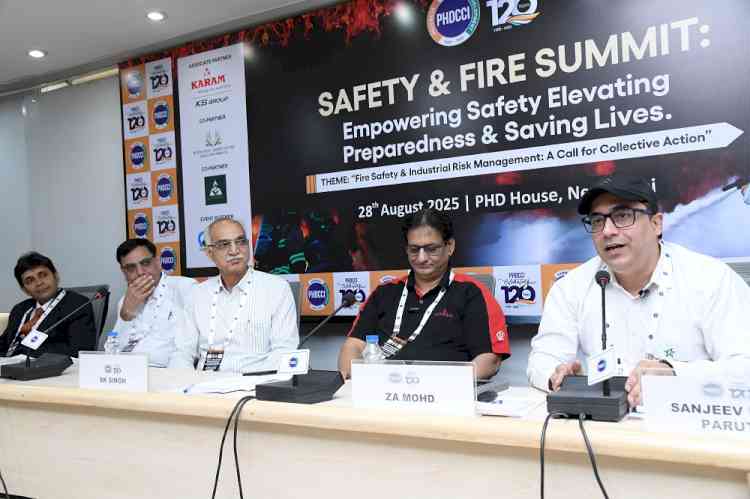
New Delhi, August 28, 2025: At the Safety and Fire Summit 2025, organized by the PHD Chamber of Commerce and Industry (PHDCCI), leaders from across government, defence, and industry came together with one heartfelt message: safety is not about rules on paper, it is about protecting lives, families, and futures.
Speaking on the theme, Maj. General Bimalendu Mohapatra, ADGQA (EE), HQ DGQA, said: “Every life is precious. Every citizen should feel safe.”
He reminded the audience how much the risks have changed. “Earlier, houses built with natural materials gave people time to escape fires. Today, with synthetic materials, you have just three minutes. And most accidents happen not because of the fire itself, but because of panic.”
Yet, he offered hope through innovation, fire-resistant fabrics like Kevlar and Nomex, aluminized suits that can withstand extreme heat, drones that can put out fires in hard-to-reach places, and smart helmets with AR that allow firefighters to see through smoke.
Shri Devendra Gill, Executive Director, DMRC, spoke from the heart about his experiences in Himachal Pradesh. “Each time I travelled home during the monsoon, I feared for the people there. The floods we saw were not just natural, they were worsened by careless construction.”
He highlighted how Delhi Metro uses predictive technologies to detect cracks and failures before accidents happen. But more than machines, he emphasized values: “Safety is about culture. It is about not jumping a red light, even when no one is watching. That is what saves lives.”
Shri Nagendra Shekhar, Senior AVP, BRBL, recalled the painful Mundka fire of 2022, where over 40 people died. His words carried a heavy pause: “Paper compliance did not save them. Lives cannot be protected by documents alone. When we lose a worker, we lose more than a worker, we lose a parent, a breadwinner, someone’s entire world. No money can ever replace that.”
He explained that safety is also about honesty and responsibility. “Protective gear must be provided, yes, but more importantly, it must be worn. Too often, experienced workers think they don’t need it, and new workers don’t understand the risk. But electricity, fire, smoke, they don’t forgive anyone.”
Shri Hemant Sapra, Global President, Karam Group & Chair-Taskforce on Safety & Fire, PHDCCI, struck an emotional chord: “Fire doesn’t only destroy property, it destroys trust, families, and futures. If you think safety is costly, remember, the cost of losing lives is far greater.”
He urged industries, big and small, to embrace safety with seriousness. “Preparedness is not only for large factories. Even small workshops need to train, prepare, and adopt technology. But let us also remember: no technology can replace a trained worker. A safe worker is the strongest shield.”
Dr. Jatinder Singh, Deputy Secretary General, PHDCCI, reminded everyone why safety matters.
“When we talk about empowering safety, we are not talking about global agendas, we are talking about a discipline that saves lives. In just the past year, we saw cloudbursts, landslides, and floods take away not only loved ones but also livelihoods. Every loss is not just personal, it affects the whole nation,” he said with concern.
Dr. Singh also pointed to crowd accidents at festivals and events. “Safety is not about crowd fines or governance alone. It needs people from every field to come together and create real, workable solutions.” He highlighted new tools like the Sachet App, which can give citizens early warnings and forward protection, calling it a step toward keeping families safe before tragedy strikes.
The summit ended with one undeniable truth: safety is not the job of one ministry, one company, or one worker. It is the shared duty of everyone, leaders, industries, and citizens alike.



 City Air News
City Air News 

